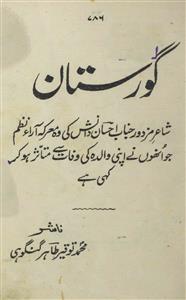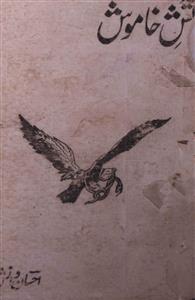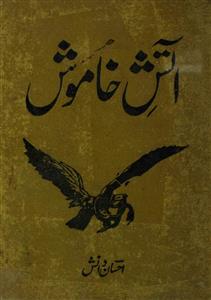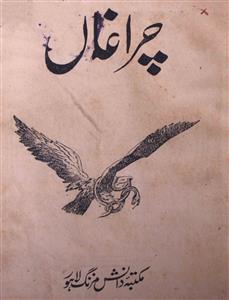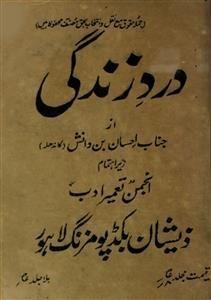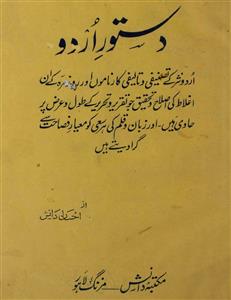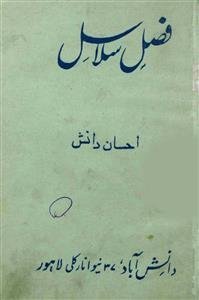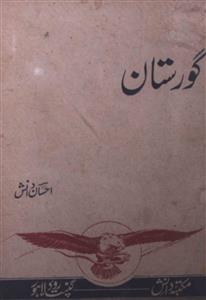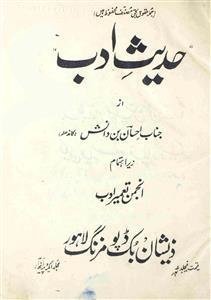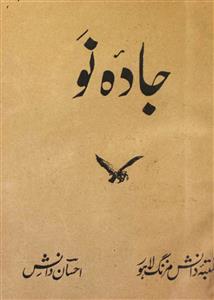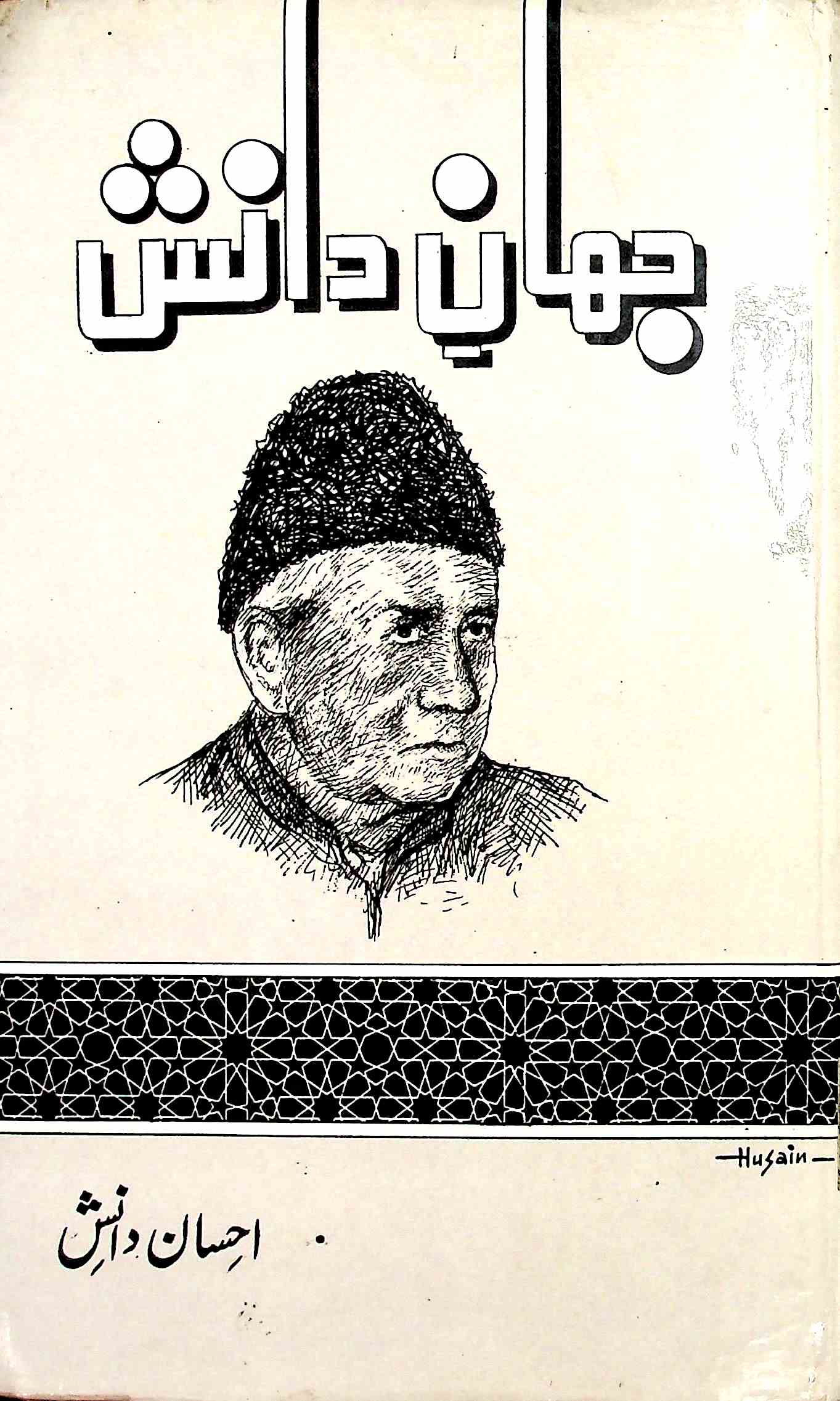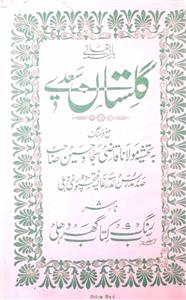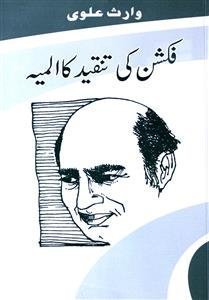 For any query/comment related to this ebook, please contact us at haidar.ali@rekhta.org
For any query/comment related to this ebook, please contact us at haidar.ali@rekhta.org
About The Book
احسان دانش کی معرکہ آراء نظم "گورستان" پیش خدمت ہے۔ جو انھوں نے اپنی والدہ کی وفات پر لکھی تھی۔ یہ نظم ایک بیٹے کی اپنی والدہ سے بے پناہ محبت اور خلوص کی عمد ہ تصویر ہے۔ جس میں ایک بیٹے کا اپنی والدہ کو کھونے کا دکھ بھی عیاں ہے۔ المیات کی مصوری میں ویسے ہی احسان دانش کو کمال حاصل ہے، جس پر ان کی المیہ نظمیں شاہد ہیں۔ اور یہ نظم ان کے ذاتی دل پر گزری ہوئی واردات ہے، اس لئے جذبات الم کا مرقع بن گئی ہے۔
About The Author
Ehsan Danish was born in Maulanan, Kandhla, a small town in the Shamli district of Uttar Pradesh, India. He belonged to a poor family and could not continue his study due to financial reasons but still learned the Arabic and Persian languages on his own. Later he migrated to Lahore and settled there permanently. He struggled very hard to earn his living. He worked as an ordinary labourer for years in odd jobs, finally becoming a poet of excellence. His autobiography, Jahan-e-Danish, is a classic and has inspired many people. Danish has written more than 80 books and hundreds of articles about and including poetry, prose, linguistics, philology, autobiographies and a famous interpretation of ‘Diwan-e-Ghalib’.
At the beginning of his career his poetry was very romantic but later he wrote his poems more for the labourers and came to be called ‘Shayar-e-Mazduur’ (Poet of the workmen) by his audience. His poetry inspired the common people's feelings and he has been compared with Josh Malihabadi. He holds the unique position as one of the best poets of all times, with fine, romantic and revolutionary, but simple style of poetry. He set up his own publishing house called Maktaba-e-Danish.
His literary output includes Maqamat, Jada-e-Nau, Nava-e-Kargar, Zakhm-o-Marham, Dastoor-e-Urdu, Aatish-e-Khamosh, Chiraaghaan etc. Some of his works are still unpublished. He was rewarded by the government of Pakistan for his services to Urdu literature and language.
He died on 22 March 1982 in Lahore, Pakistan.
 For any query/comment related to this ebook, please contact us at haidar.ali@rekhta.org
For any query/comment related to this ebook, please contact us at haidar.ali@rekhta.org
Write a Review
Jashn-e-Rekhta 10th Edition | 5-6-7 December Get Tickets Here
